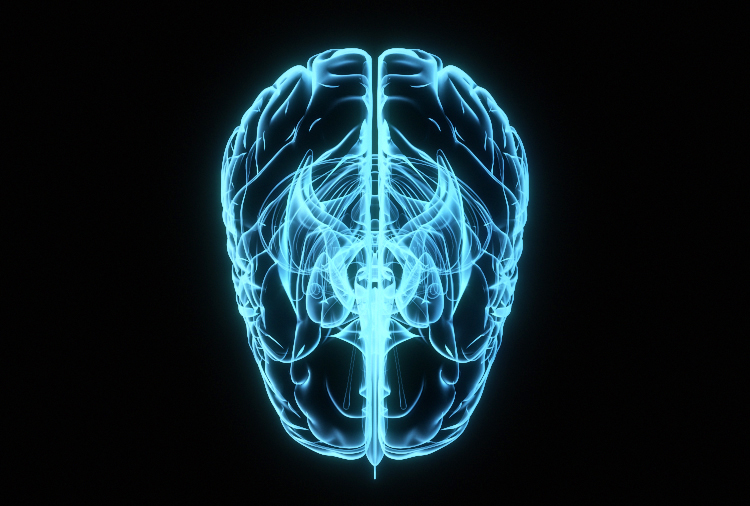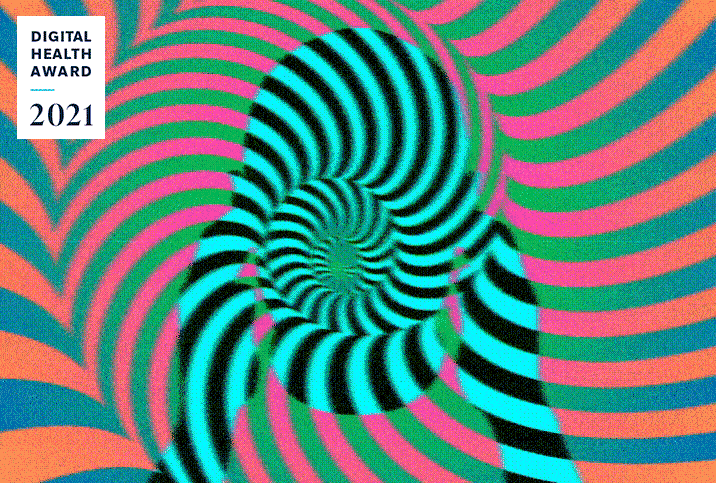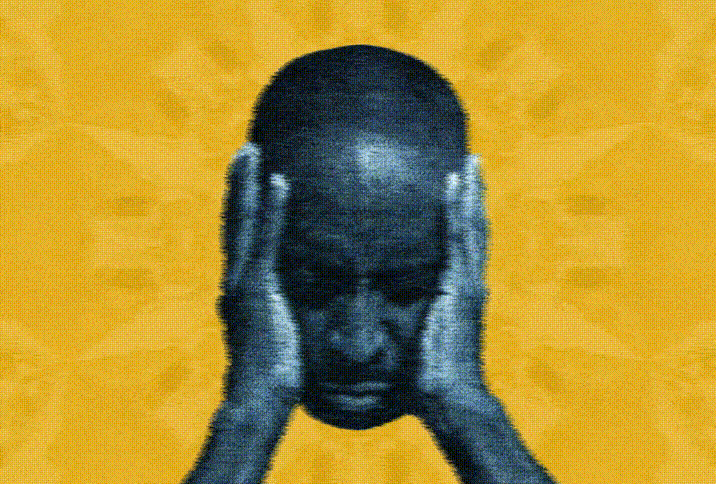A Dating Guide for People Managing Epilepsy

Pursuing love is part of the human experience. However, it is an uphill climb when a chronic and incurable health condition throws up a roadblock.
Affecting the brain, epilepsy is a fairly common condition characterized by frequent seizures. These seizures trigger a variety of symptoms. While epilepsy may begin at any age, it typically starts in childhood or in people older than 60.
About 3.4 million people in the United States, or 1.2 percent of the population, are managing active epilepsy by taking medication or have had one or more seizures in the past year, according to the Centers for Disease Control and Prevention.
While epilepsy is well recognized by the general public, its impact on daily life creates a number of obstacles on the way to a meaningful love life.
What is epilepsy?
"My experience started when I was 10 months old and had my first grand mal seizure," said Krystal Olsen, a stay-at-home mom and beauty influencer living in Ore City, Texas. A grand mal seizure is the most recognized seizure and can include loss of consciousness and convulsions. "I didn't have another one until I was 15, when I had four back to back in the span of 24 hours."
Although epilepsy is a lifelong condition, people sometimes experience improvement over time. It can be managed with medication prescribed by specialists. Having a seizure does not necessarily mean you have epilepsy, so diagnosis by a professional is crucial.
"Epilepsy is a challenging neurological disease that causes episodes of abnormal electrical activity in the brain that can manifest as short, even undetectable episodes, to long periods with shaking and loss of consciousness," said epilepsy neurosurgeon Sumeet Vadera, M.D., based in Orange County, California. "It is very impactful on a person's life. Seizures are often unexpected, can occur at inopportune times and often affect social and family relationships."
'Seizures are often unexpected, can occur at inopportune times and often affect social and family relationships.'
The overriding image associated with epilepsy is a violent physical seizure where the patient falls to the ground, but this is just one presentation of seizures. They manifest differently depending on the part of the brain affected.
Possible symptoms include losing awareness and staring blankly into space, becoming stiff, collapsing, uncontrollable jerking and shaking, and strange sensations, such as perceiving unusual odors or feeling tingling in the arms or legs.
Seizures can reappear throughout a person's life, which is how Olsen's experience developed. After weaning herself off one medication, she discovered her seizures were still present and now continues to monitor them carefully.
"I can't drive as much as I used to," she said. "I am unable to work outside of the home and I have to rely on my family to do so much for me."
Many of us know the relationship between flashing lights and epilepsy, but there are many other potential triggers, including poor sleep, stress, alcohol, menstruation and missed medication.
The impact on dating
"Sometimes [dates] would look at you in confusion, sometimes they would look at you like you're crazy, and sometimes they would pull the whole 'Oh, you poor thing!' and get over-sympathetic," explained Olsen, who is now happily married and a mother of three. "I even had one guy ask me to explain and show him what it looked like."
The stigma associated with chronic illnesses interferes with dating confidence and may encourage people living with epilepsy to ditch dating entirely or avoid telling potential partners.
"Whether you're worried about having a seizure during your date or if they can 'tell' if you have a condition, dates can end up being the opposite of fun," said Rachel Worthington, a sex educator for Bedbible.com, an adult toy reviewer based in Denmark. "Feeling particularly stressed about a date could actually make your symptoms worse, creating an unpleasant cycle."
Figuring out when to disclose a medical condition is tricky and varies among individuals.
Dating nerves may also be a potential trigger for seizures, making the idea of going on a date even more daunting. Managing the symptoms is often exhausting and saps precious energy from other important areas of life, including romance, work and friendships.
This extra stress may lead people with chronic illnesses to overcompensate in the dating world, Worthington explained.
"This could be with constant apologies, by putting themselves in uncomfortable situations to please others, or even monetarily with expensive dates or always offering to pay for drinks," she said. "The reality is, however, that having epilepsy doesn't make anyone less worthy of respect, understanding or love. Try not to see your condition as a debt you have to make up for."
Managing dating and epilepsy
"Just like anyone else, you don't have to force yourself to date when it's not enjoyable or is actively making your life worse," Worthington advised. "I would encourage you to take a break if you need to and do something that is good for you instead. Don't prioritize dating over your health or well-being."
With cuffing season just around the corner, it is easy to slip into a routine of prioritizing dating over staying within your comfort zone. If you do want to pursue love, cultivate a dating schedule that works for you. Do not submit to anxiety by overexplaining the need to reschedule dates or meet in environments where you feel comfortable.
Figuring out when to disclose a medical condition is tricky and varies among individuals. Knowing may help potential dates prepare in case of a seizure, but ultimately, you should wait until it feels safe to open up.
"It's none of their business unless you feel like it is," Olsen said. "I always felt it was important for them to know before it got too serious, though. Break it down for them knowing that it's something that you have to deal with, but your significant other takes a part in helping. There will be bad days, and they will have to be OK with that."
No matter when you decide to tell a date about life while managing epilepsy, remember that the condition does not dictate your worth. Anyone who is unsympathetic does not deserve access to your heart.
Confronting stigma
The world is on its way to embracing the diversity of its population, but even though we are slowly winning the fight against stigma, its influence remains strong. Breaking this pattern in the dating world takes time and often relies on individuals taking on the fight to change the judgmental thinking of one person at a time.
"It is, unfortunately, not something that is talked about or understood as well as other diseases and there is lots of misinformation about epilepsy," Vadera said. "This can absolutely affect how people are treated in social circles. Be open and honest about your epilepsy."
Finding community is also a key component of successful dating. The feeling of returning home from a good or a bad date and sharing the experience with someone who truly understands is unmatched.
"Reach out to others who are in the same boat," Olsen agreed. "There are some amazing Facebook groups just for epileptics to come together and help one another."
Managing epilepsy isn't detrimental to your dating life. With a little communication and understanding, you can fit right into a judgment-free partnership.
"If your date can't look past the seizures, then are they even worth your time?" Olsen said. "You want someone that will accept you for all of who you are."


















